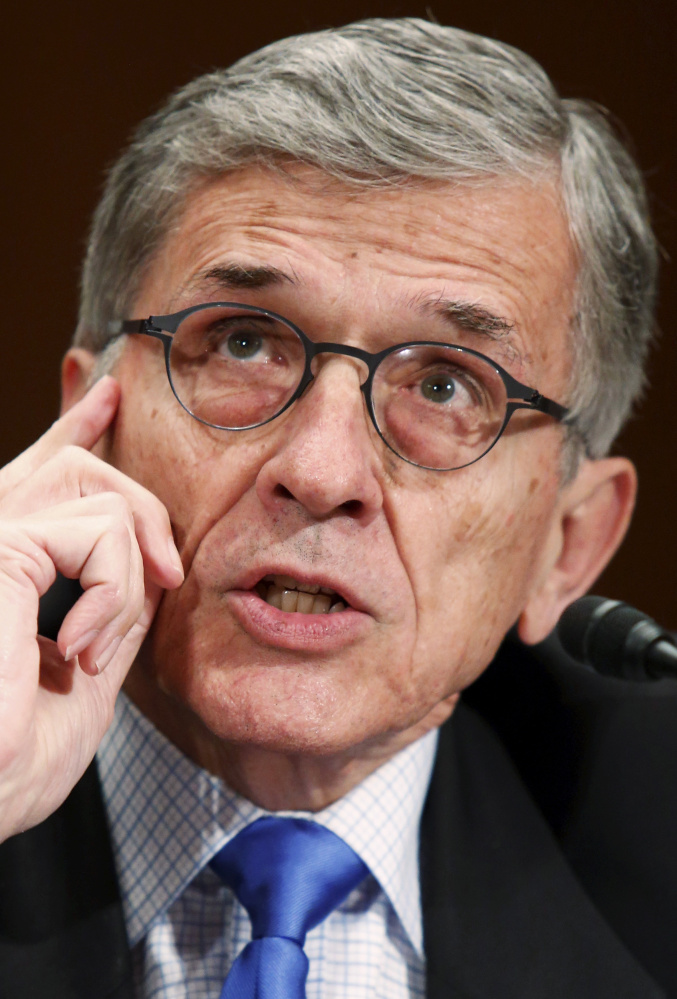The nation’s top telecom regulator recommended broadening America’s wiretapping laws Tuesday, in response to the recent attacks in Paris by the Islamic State that left more than 120 people dead.
While the Federal Communications Commission cannot take direct action against the Islamic State, such as shutting down its websites or social media accounts, Congress could do “specific things” allowing the FCC to assist law enforcement more effectively, agency Chairman Tom Wheeler told a House subcommittee.
That includes revisiting the wiretap legislation, said Wheeler. The 1994 law, known as the Communications Assistance for Law Enforcement Act, or CALEA, provides for the “lawful intercept” of a suspect’s telephone and online communications. It requires telecom companies and Internet providers, and some online voice services, to build their networks in ways that grant authorities easier access to those communications.
Wheeler’s suggestion underscores the FCC’s growing interest in online privacy and security just as intelligence officials are rekindling a debate over government surveillance and encrypted communications.
“One of the issues here is the question of, ‘What is a lawful intercept?’, something the Congress can define,” Wheeler told lawmakers. “You did it in CALEA. Things have moved on since then.
“You read in the press that he attackers were using PlayStation 4 games to communicate on,” Wheeler continued, “which is outside the scope of anything considered in CALEA, so there’s probably opportunities to update the ‘lawful intercept’ concept.”
Reports about the use of the gaming console to coordinate the attacks have since been debunked, and it remains unclear how the Paris attackers communicated.
But the suggestion that video-game communications services could someday be covered under CALEA represents a dramatic new development, said Chris Calabrese, a policy executive at the Center for Democracy and Technology.
CALEA’s origins can be traced to a compromise: Telecom companies and Internet service providers would allow the government greater access to customer information, but pure “information services” such as Web-based messaging apps would be exempted, Calabrese said.
Send questions/comments to the editors.


